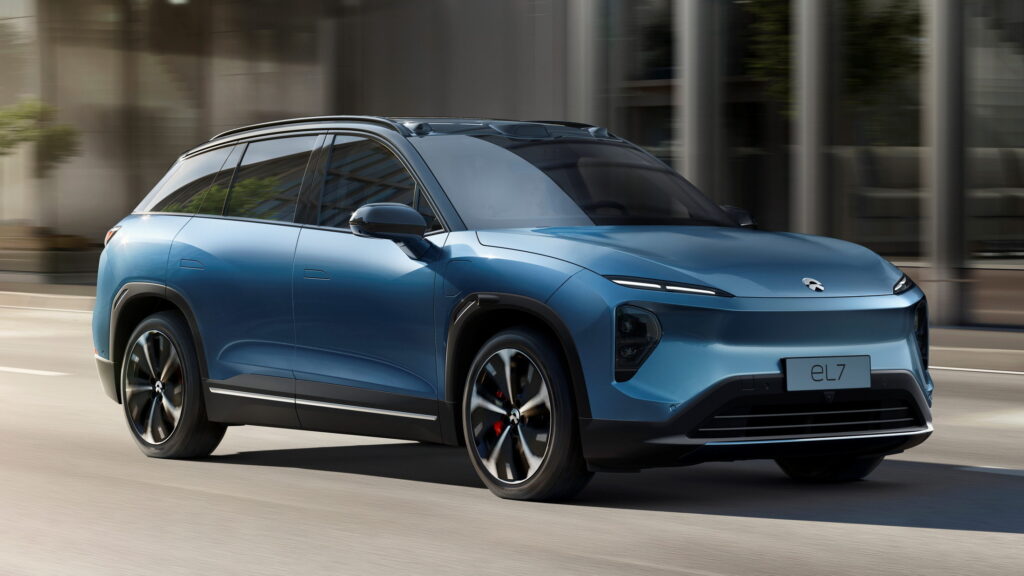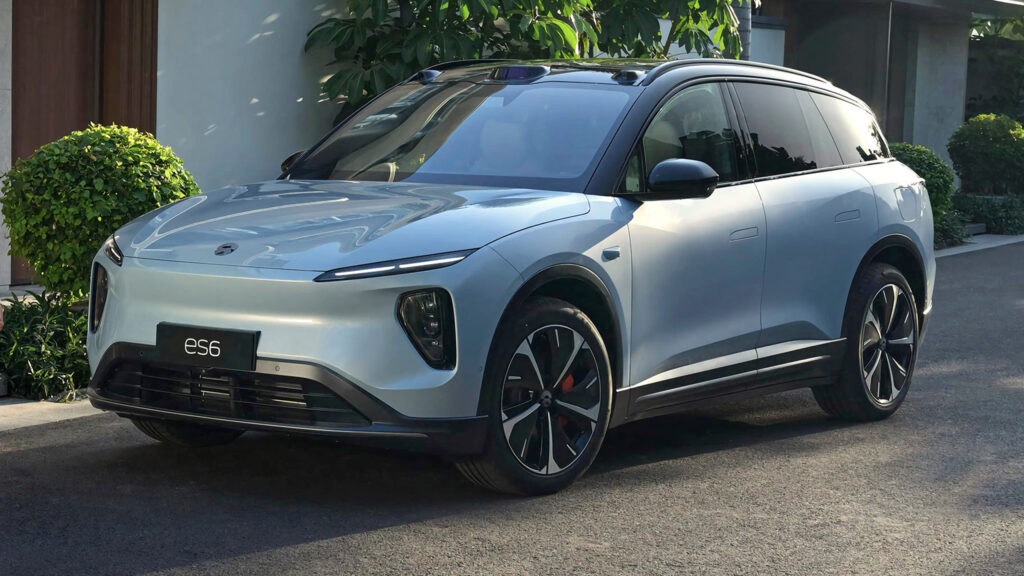Soon after Nio announced battery-swapping partnerships with both Geely and Changan in China, a report has surfaced suggesting that it will spin off its battery manufacturing unit in its bid to become profitable.
Unnamed sources with information on the plans have revealed that the spin-off could occur as early as the end of this year and will start to seek external investors at a valuation to be decided at a later date.
Nio refused to comment on the matter when asked by Reuters but chief executive William Li has said the firm will continue to do in-house research and development on batteries but now intends on outsourcing all of the manufacturing. The Chinese car manufacturer currently buys its batteries from CATL and CALB Group but had planned to manufacture some of its batteries.

A host of Nio’s top engineers are expected to join the battery unit after the spin-off. These engineers were originally hired to mass-produce large cylindrical cells similar to the 4680 cells used by Tesla. A source has told Reuters the spin-off may include testing equipment, intellectual property, and a planned manufacturing facility with an annual capacity of 40 GWh, enough to power 400,000 battery-electric vehicles.
Read: Nio’s Battery-Swapping Network Expands As Changan Automobile Joins the Fold
The young car manufacturer sold 126,067 vehicles through the first 10 months of the year in China but is far from making a profit. In fact, it reported a third-quarter loss of 4.56 billion yuan ($637 million). While speaking with analysts during the company’s third-quarter earnings call, Li said Nio would delay plans for bringing battery production in-house, noting that it would not help it improve profitability over the next three years.
Nio has spent an extraordinary amount of money developing end-to-end EV technologies in recent years and has even grown its footprint beyond cars, developing a smartphone. It is now thought to be focused on reassuring investors that it doesn’t have too much on its plate and can remain a viable company in the long term.




